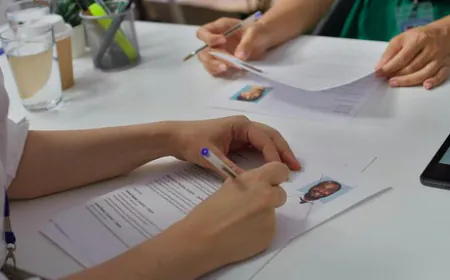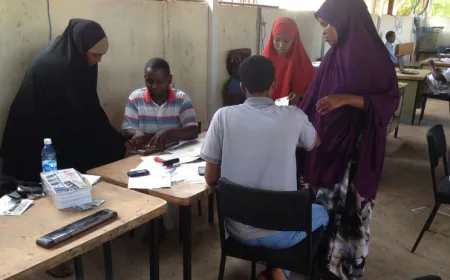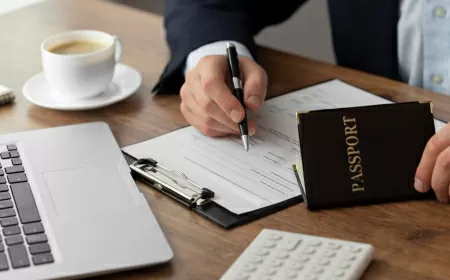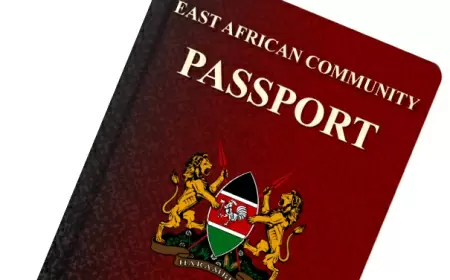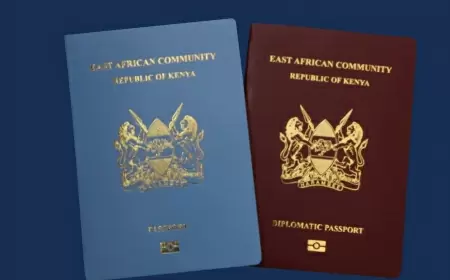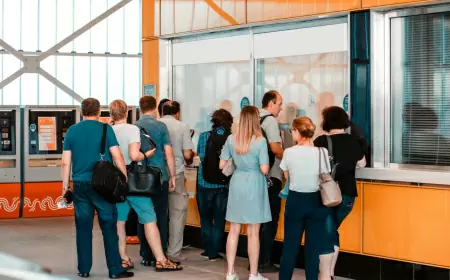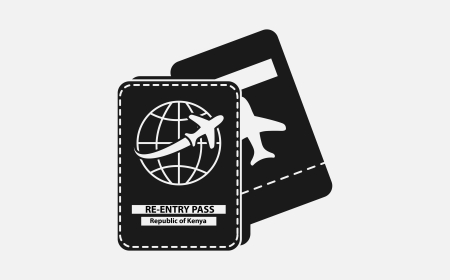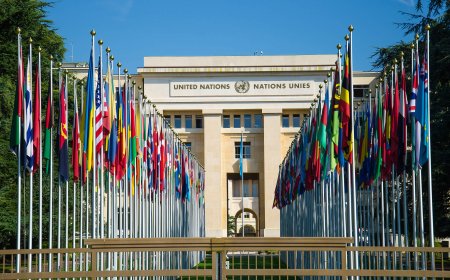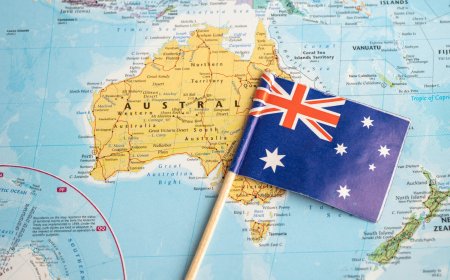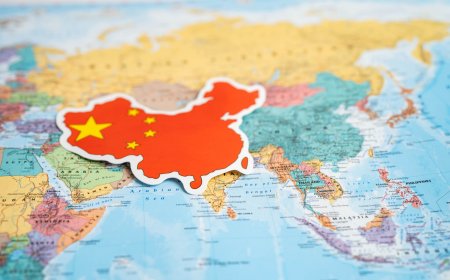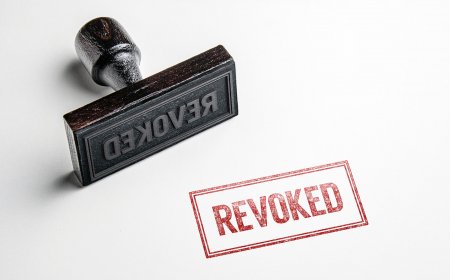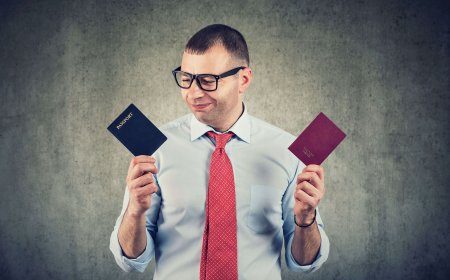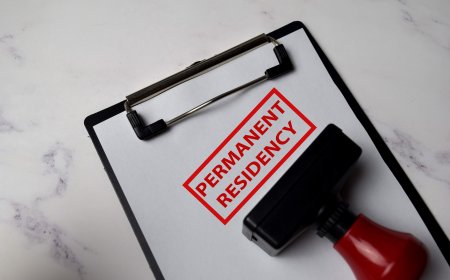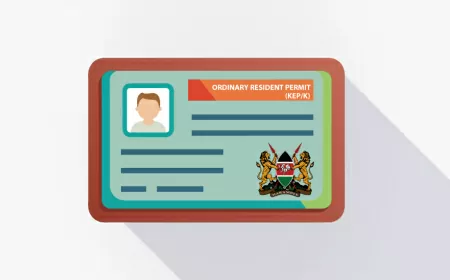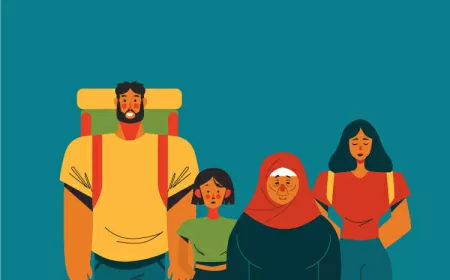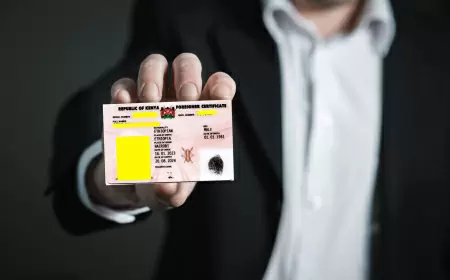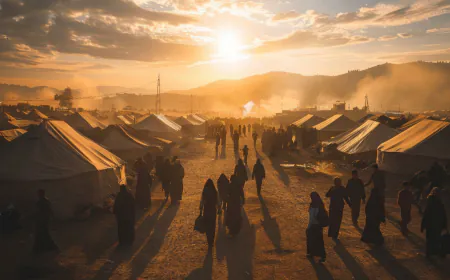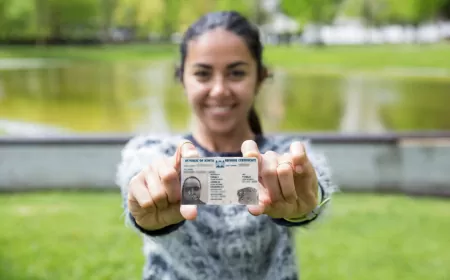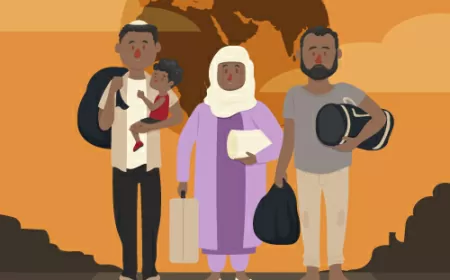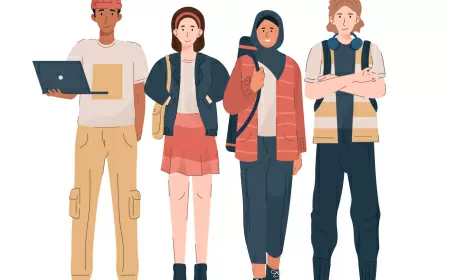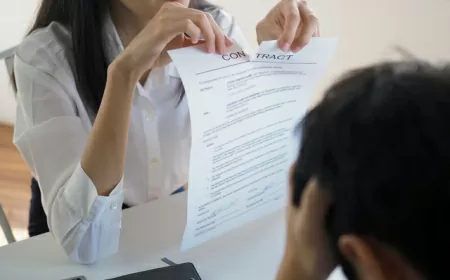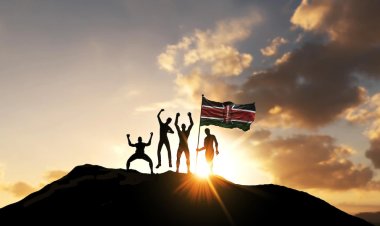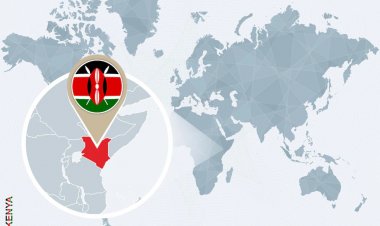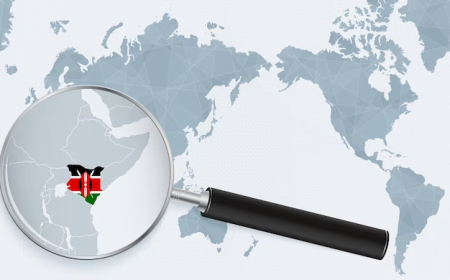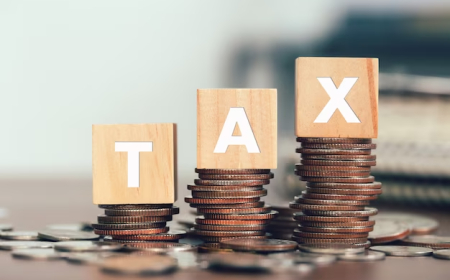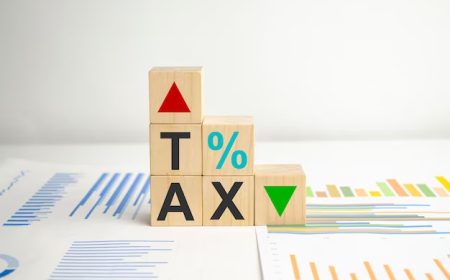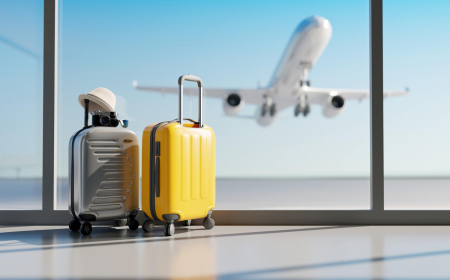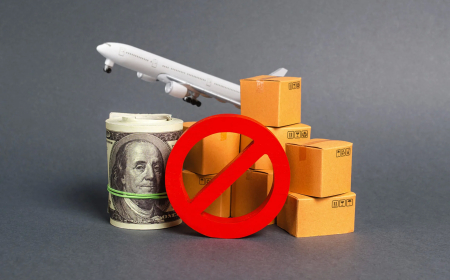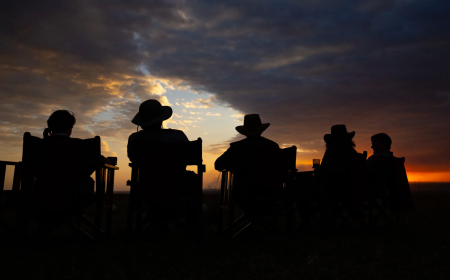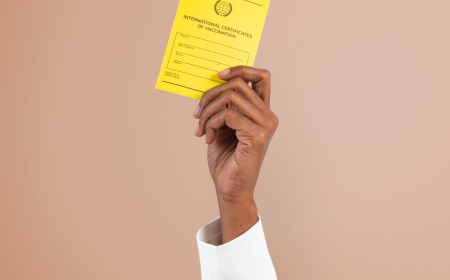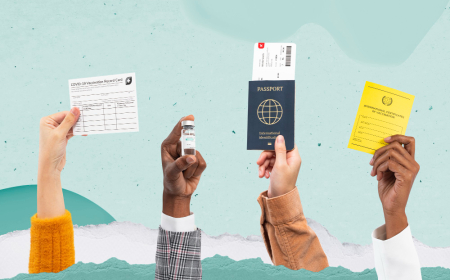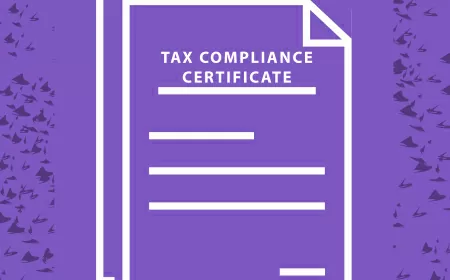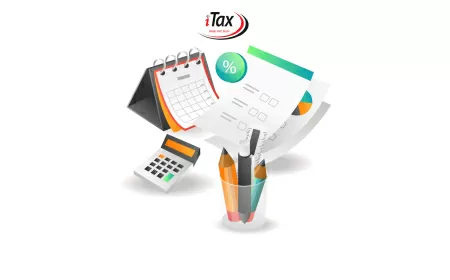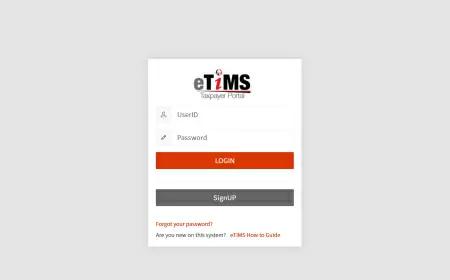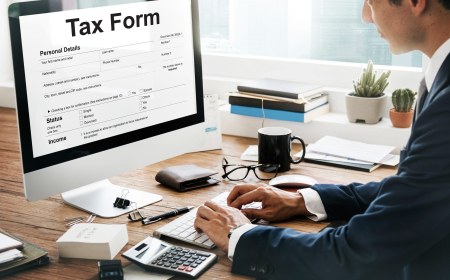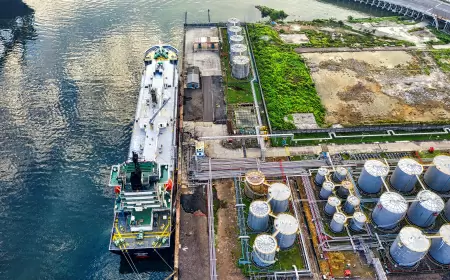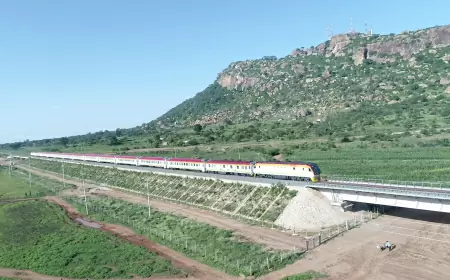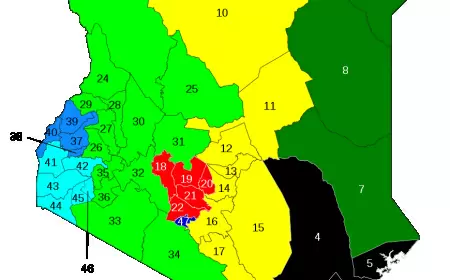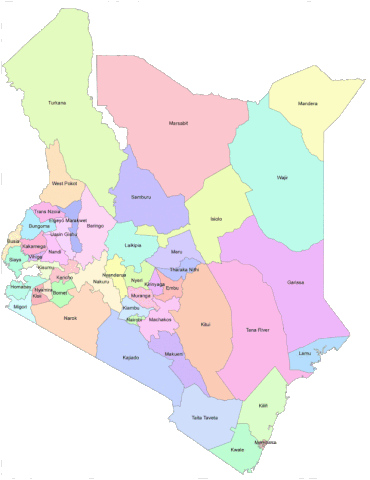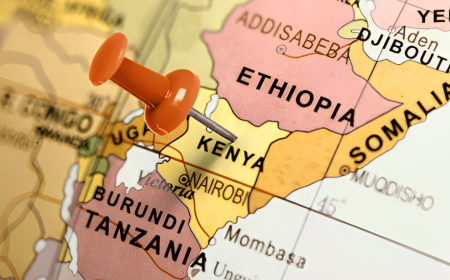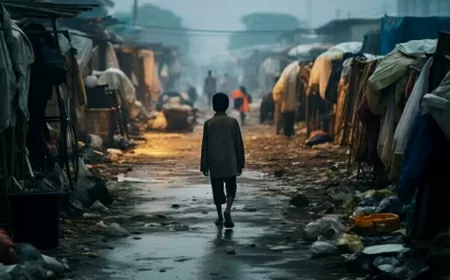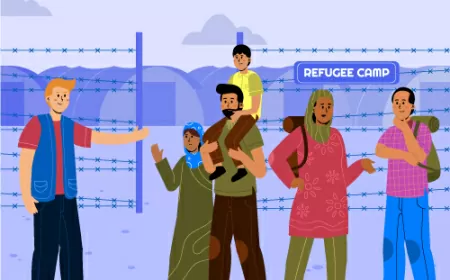What You Need to Know Before Seeking Asylum in Kenya
Applying for asylum in Kenya can be a complex process. This comprehensive guide covers the necessary steps, required documents, and important information to successfully navigate the asylum application system in Kenya.
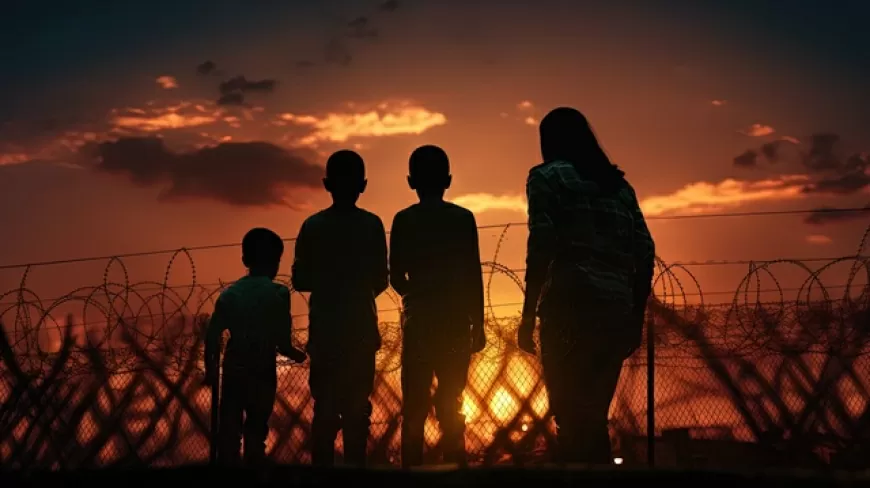
1. Refugee and Asylum Seeker Status Definition in Kenya
- Asylum : This refers to the protection granted to a person in Kenya who is outside his or her country of nationality or habitual residence, who is fleeing persecution or serious harm or for other reasons.
- Asylum Seeker : An asylum seeker is a person who has applied for protection in Kenya but whose refugee status has not yet been determined.
- Refugees: Refugees are people officialy recognized in Kenya as having fled their home countries due to conflict, persecution, or human rights violations.
In Kenya, UNHCR collaborates with the government to protect and support asylum seekers and refugees.
It works closely with the Department of Refugee Services (DRS) and various local, national and international partners to provide protection and assistance to refugees and asylum seekers from across the East, Horn, and Great Lakes Region.
2. The Asylum Application Process in Kenya
The asylum application process in Kenya follows a structured procedure administered by the Department of Refugee Services (DRS) .
Below is a detailed overview of the application steps involved for refugees and asylum-seekers:
- Asylum Seekers Initial Entry: Upon entering Kenya, asylum seekers typically approach , often guided by other asylum seekers, refugees, or non-governmental organizations (NGOs).
- Required Documents : An asylum seeker is required to bring along available documents, including;
- Passports,
- Identity documents
- Travel documents
- Medical records
- Marriage /Birth Certificates
- Driving License
- Education Certificates
- Newspaper clippings
- Proof of prior asylum registration.
- Any other relevant documents
- Movement Pass Issuance: RAS usually provides asylum seekers with 'Movement Passes,' allowing them to proceed to designated camps for registration and Refugee Status Determination (RSD).
- Appointment Scheduling: Asylum seekers may receive between 2 to 16 appointment slips over a 6-month to 1-year period before their RSD interview is conducted. In some cases, RAS may schedule RSD interviews in Nairobi if there are compelling reasons.
- Priority Cases: Under special circumstances, such as high-profile security situations, cases may be 'fast-tracked' for priority processing.
- Refugee Status Determination (RDS) Interview: A RAS officer conducts the interview, which typically lasts 1-3 hours. The officer records all relevant information during this process.
- Legal Representation: Generally, external lawyers are not present during the interview. However, upon request through NGOs like the Refugee Consortium of Kenya (RCK), a lawyer may be permitted to observe the interview. RCK advocates for full legal representation rights for asylum seekers in the RSD process.
- Decision Making: Following the interview, a panel of three RAS officers assesses the file and makes a decision. This process usually takes up to 6 months but may be extended if additional country of origin information is required.
- Outcome Notification: The decision is communicated to the applicant, which may take longer in some cases.
- Status Confirmation: Successful applicants receive a Protection Certificate (Mandate), which serves as legal documentation of their refugee status.
3. Important Information for New Refugees and Asylum Seekers in Kenya
If you are a newcomer to Kenya, here is important information about the refugee registration process:
- Entry Reporting: Proceed to the Refugee Affairs Secretariat (RAS) offices in one of these locations:
- Nairobi,
- Dadaab Refugee Complex,
- Eldoret,
- Mombasa, or
- Kakuma Refugee Camp.
- Documentation: You and your family members will be photographed and issued a movement pass by RAS.
- Relocation: You must travel to either Dadaab or Kakuma refugee camps within the timeframe specified on your movement pass.
- Camp Registration: Upon arrival at the camp, present your movement pass to the authorities.
- Interview Scheduling: A RAS officer will inform you of your refugee status determination interview date.
- South Sudanese Exception: South Sudanese refugees are currently granted prima facie refugee status without individual status determination.
- Ration Card: While your status is being processed, you will receive a ration card with a unique number, use your ration card to access food provisions at the camp.
This process ensures proper registration and support for refugees entering Kenya.
4. The Department of Refugee Services (DRS) and UNHCR offices
The Department of Refugee Services (DRS) and UNHCR offices in Kenya are strategically located across the country to serve refugees and asylum seekers.Here is a comprehensive overview of their locations and contact information:
a). Department of Refugee Services (DRS) Offices
| Region | Location | |
| 1. | Nairobi | General Mathenge Road, Westlands, Nairobi. |
| 2. | Mombasa |
Mombasa Transit Centre, opposite St. Mary's Academy in Bombolulu Estate. |
| 3. | Nakuru |
Nakuru Transit Centre, Farming Systems of Kenya Building on Kabarak Road-Kiamunyi. |
| 4. |
Eldoret |
Eldoret Transit Centre, Public Works Building next to immigration on Oloo Street. |
| 5. |
Kakuma |
Kakuma Refugee Camp, Turkana County. |
| 6. |
Dadaab |
Dadaab Refugee Complex in Garissa County. |
b). UNHCR Kenya, The UN Refugee Agency Offices
| UNHCR Branch | Location | Contacts | |
| 1 | Nairobi | United Nations Complex, UN Avenue, Gigiri. |
Telephone: +254 20 423 2000. Email: KENNA@unhcr.org |
| 2 |
Sub Office Dadaab and Field Office Alinjugur |
Dadaab Humanitarian Compound, south of Dadaab town on the road from Garissa. |
Mailing Address: UNHCR Sub Office Dadaab, C/O UNHCR Branch Office, P.O. Box 43801, 00100 Nairobi, Kenya. Telephone: +254722205330, +254736933333. Email: KENDA@unhcr.org |
| 3 |
Sub Office Kakuma |
Head of UNHCR Sub Office Kakuma |
Mailing address: UNHCR Sub Office Kakuma, C/O UNHCR Branch Office, P.O. Box 43801, 00100 Nairobi, Kenya. Telephone: +254723786421; +254733600457. Email: KENKA@unhcr.org |
It's important to note that registration centers operate Monday to Friday, from 8:00 AM to 4:00 PM. However, most offices stop admitting asylum seekers and refugees at 10:00 AM, processing only those already inside the compound after this time.
Was this information helpful ?







